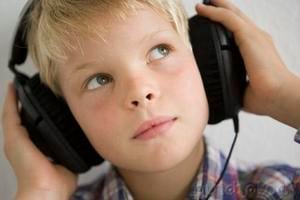
One of my friends has just been told that her child has Sensory Processing Disorder.
Sensory Processing Disorder is when children find it hard to handle the information their senses take in. It typically affects hearing, touch, taste, sight and smell but can also affect body awareness, movement, balance and coordination.
Pioneering Occupational Therapist and Neurologist, Dr A.Jean Ayres, says that it is like a “traffic jam that prevents certain parts of the brain from receiving the information needed to interpret sensory information correctly”.
SPD presents itself in different ways in different people. Some are only affected in one sense, just by touch or just by sound for example, but others can be affected in multiple senses.
My friend's daughter has difficulties with her auditory and tactile senses and school can be very difficult for her simply because of the noise of the other children. According to Dr Ayres, the noise sends a signal to her brain saying “FEAR” which sets her on high alert and causes huge anxiety.
As a result, she has been having three hour meltdowns at school and this, in itself, can lead to more problems since, without diagnosis, children with SPD can be labelled as being naughty, aggressive and destructive.
It's obviously a very distressing condition for child and parents but, surprisingly, Sensory Processing Disorder is more common than you might expect. Research suggests that one in every six children have sensory issues that can impede their daily functioning and learning. However, the condition are only diagnosed as SPD if this seriously impacts on their life.
In terms of treatment, occupational therapy can make a huge difference. For example, one of the treatments is music therapy. This works by the child spending some time each day listening to specially developed classical music that has different frequency changes at certain intervals in the piece of music. The music is played on special headphones that give the sound clarity without shutting out the outside noises that are happening in the room. This is supposed to desensitise the body to the noise that the child finds difficult to process.
There is a huge amount of information online about SPD and it clearly affects many children. As a starting point, you could try the SPD Foundation. Help and resources are limited in the UK, however. If you have any information or experiences to share about this, please do post it below.

